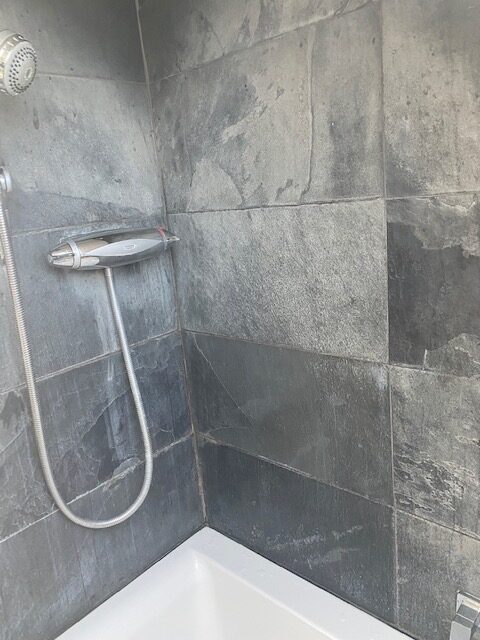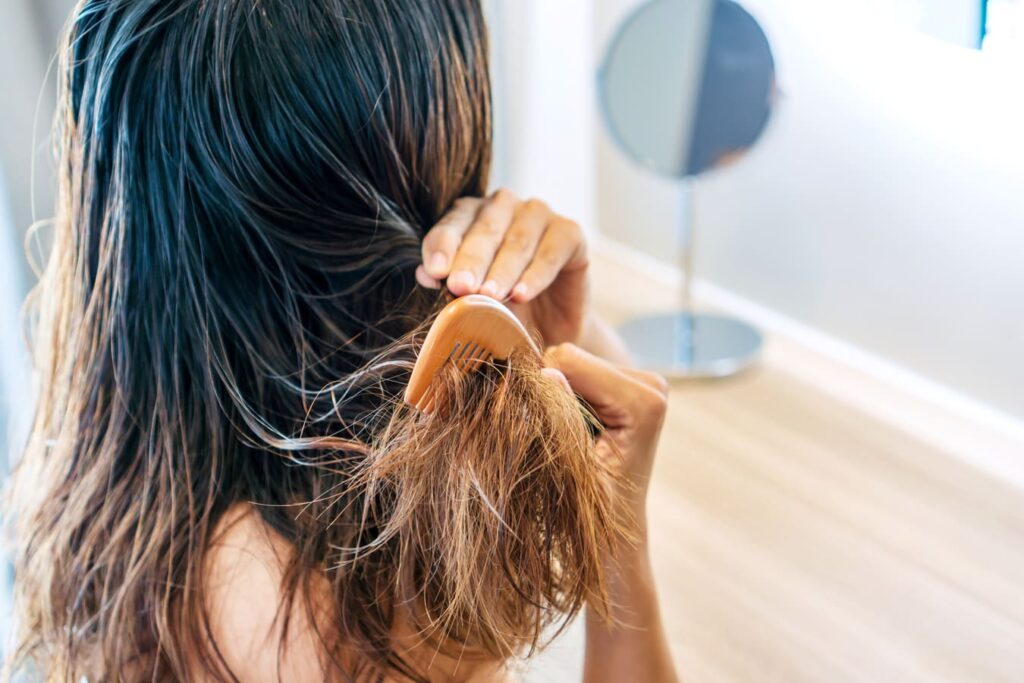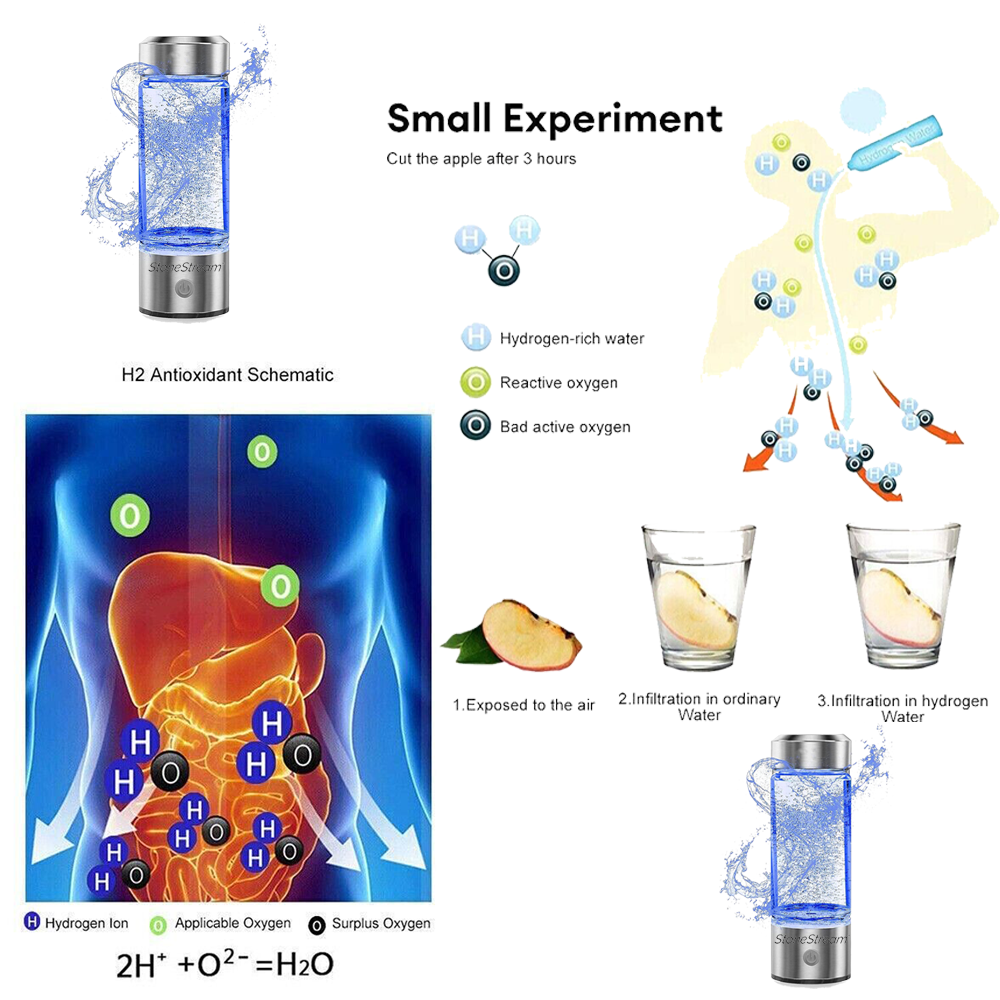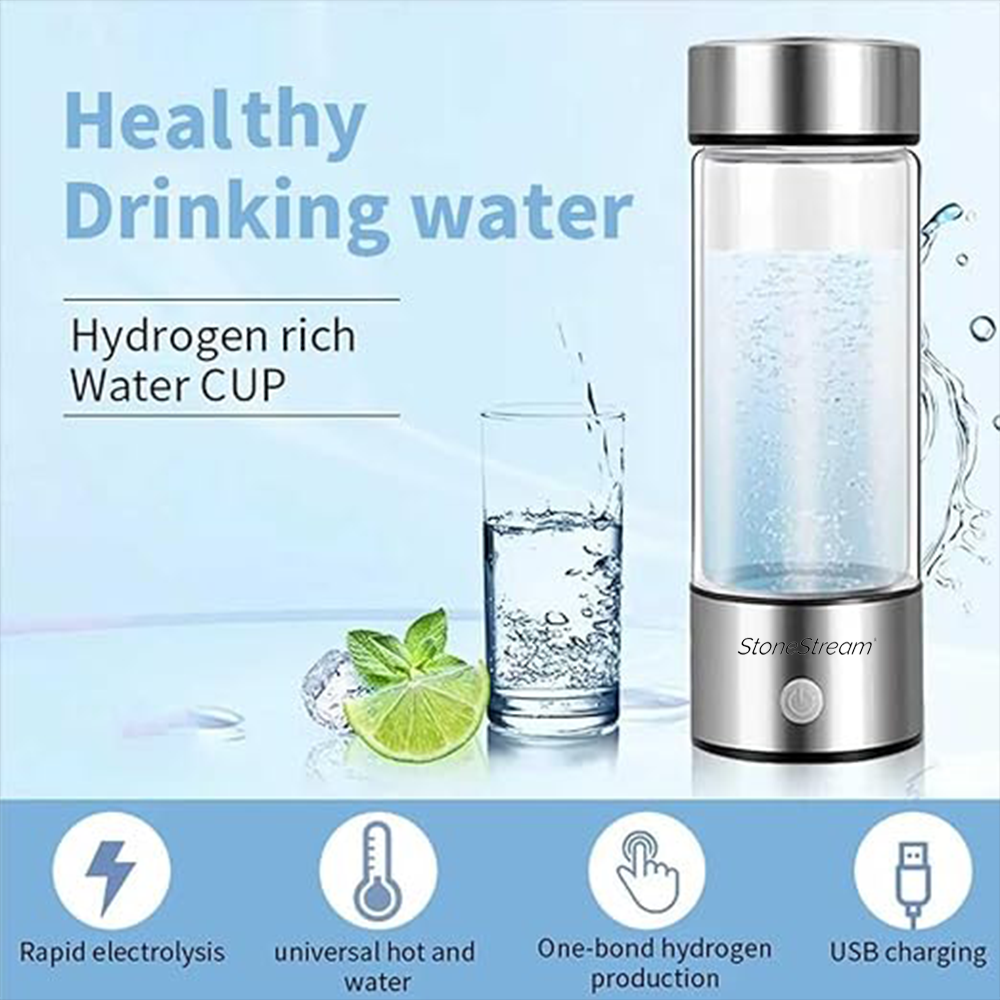Limescale, those stubborn white deposits that accumulate on bathroom fixtures, is not just an unsightly nuisance. It can wreak havoc on your plumbing and diminish the overall appeal of your shower room. If you've been ignoring that buildup, it's time to take action. Here are five compelling reasons why you need to get rid of limescale in your shower room as soon as possible, along with effective ways to do it.
Having a limescale situation in your showerhead is not the most appealing situation to be in. Imagine the corners of your shower room and other areas filled with white gunk! Not a particularly good sight. But why should I get rid of it in the first place? Let’s find out:
Preserve the Aesthetic Appeal
Trying to organise a b’day party in your shower room? While not recommended, you need to maintain that aesthetic of your shower room anyway! Limescale buildup can significantly reduce the visual appeal of your shower room. Those unsightly white streaks on your faucets, showerheads, and tiles make even the most well-kept bathrooms look unkempt. Regular removal of limescale ensures that your fixtures maintain their shiny, polished appearance.
Extend the Lifespan of Fixtures
Wondering how limescale looks in your shower room? Not a pretty good sight, I guarantee ya’! Limescale is not just an eyesore; it's also harmful to your fixtures. The mineral deposits can corrode and weaken materials over time, leading to leaks, cracks, and, ultimately, the need for expensive replacements. Regular limescale removal can extend the lifespan of your fixtures and save you money in the long run.
Maintain Water Efficiency
Limescale buildup on showerheads and faucets can hinder water flow. This not only leads to weak water pressure but also results in wastage. By removing limescale, you can ensure that your fixtures operate at peak efficiency, helping you save on water bills and conserve this precious resource.
Improve Personal Hygiene
Limescale can harbour bacteria and reduce the effectiveness of cleaning products. This means that even when you're cleaning your shower room, you might not be getting rid of all the harmful germs. Removing limescale ensures a cleaner and more hygienic environment for you and your family.
Enhance Your Well-Being
Limescale deposits can sometimes lead to skin irritation. The minerals in hard water can be harsh on sensitive skin, causing dryness and discomfort. By eliminating limescale, you create a more skin-friendly environment in your shower room.
Check out the difference between hard water and soft water right here!
How to Get Rid of Limescale in Shower
Thankfully, here at Stonestream, we have found some ways to get rid of limescale in your shower room and make it look as incredible as a ballet room. Here’s how:
Install a Water Softener
Water softeners are specialised filtration systems designed to remove minerals like calcium and magnesium from the water supply. By installing a water softener, you can significantly reduce the mineral content in your water, thereby preventing limescale buildup on fixtures, tiles, and showerheads. Try the universal hard water filter by Stonestream for a change, and enjoy limescale-free showers from now on.
Chrome Hard Water shower filter Add-on

Buy Now
Use a Showerhead with a Built-in Filter
Opt for a showerhead equipped with a built-in filter, such as the EcoPower showerhead by Stonestream, to reduce mineral deposits. These filters work to trap and remove impurities, including the minerals responsible for limescale. This is an effective way to ensure that the water reaching your shower remains as pure and limescale-free as possible.
Original Ecopower Shower head

Buy Now
Regularly Wipe Down Surfaces
After each use, take a moment to wipe down shower fixtures and tiles with a clean, dry cloth. This simple step helps to remove any water droplets that may contain mineral traces, preventing them from drying and forming limescale deposits.
Use Vinegar or Lemon Juice for Periodic Cleaning
Vinegar and lemon juice are natural acids that can effectively dissolve limescale. Wondering how to clean your shower room with vinegar and lemon juice? Create a solution by mixing equal parts water and either white vinegar or lemon juice. Apply this mixture to affected areas, allowing it to sit for about 15-20 minutes before scrubbing with a brush and rinsing thoroughly.
Voila! You’ve now transformed your shower room into a place where angels can fly freely. Limescale is no more, and you’re now in a state of heaven with your daily shower routine. By incorporating these strategies into your routine, you can significantly reduce the likelihood of limescale buildup in your shower, ensuring a cleaner, more efficient, and longer-lasting bathing space. Kudos to you!
Also Read: How to Change Hard Water to Soft Water for Your Shower
FAQs
- What causes limescale to form in the shower room?
Ans. Limescale forms due to the presence of minerals, particularly calcium and magnesium, in hard water. When hard water comes into contact with surfaces, it leaves behind mineral deposits, resulting in the formation of limescale. -
Is limescale harmful to my health?
Ans. Limescale itself is not harmful to health, but it can harbour bacteria and impede the effectiveness of cleaning products. Regular removal is important for maintaining a clean and hygienic environment in your shower room.
-
Can limescale damage my plumbing fixtures?
Ans. Yes, limescale can corrode and weaken materials over time. This can lead to leaks, cracks, and, ultimately, the need for costly replacements. Regular removal and preventive measures are crucial to extending the lifespan of your fixtures.
-
What's the best way to remove limescale from showerheads and faucets?
Ans. Soaking the affected fixtures in a vinegar solution is one effective method. Remove the fixture, soak it in equal parts white vinegar and water for a few hours, then scrub with an old toothbrush and rinse thoroughly. Commercial limescale removers are also available and can be used according to the manufacturer's instructions. -
How can I prevent limescale buildup in my shower room?
Ans. There are several ways to prevent limescale buildup. Installing a water softener, using a showerhead with a built-in filter, regularly wiping down surfaces after use, and periodically cleaning with vinegar or lemon juice are all effective prevention methods.



